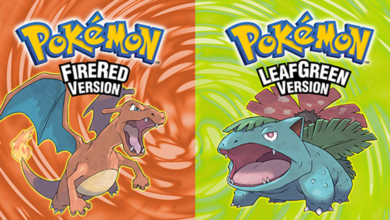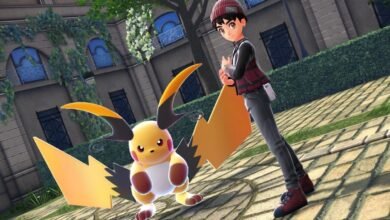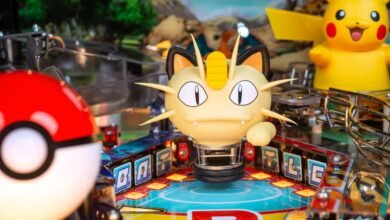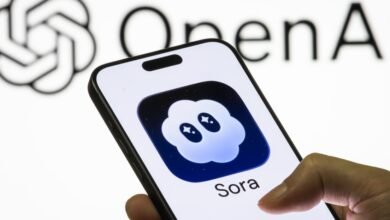Pokémon Friends: Adorable but Comes With Hidden Costs

▼ Summary
– Pokémon Friends is a new mobile/Switch puzzle game focused on edutainment, featuring simple daily puzzles themed around Pokémon.
– The game targets young children with basic logic puzzles, like counting Froakies or solving spatial challenges, which increase in difficulty when replayed.
– Players earn yarn to craft Pokémon plushies, adding a collecting element, and can decorate a virtual bedroom with these items.
– The game follows Pokémon’s trend of lifestyle apps (like Pokémon Sleep) but includes microtransactions, with $10-$34 DLC packs for more puzzles and plushie options.
– Despite childproofing measures like math-based purchase confirmations, the plushie creation mimics gacha mechanics, raising concerns about introducing kids to gambling-like systems.
Pokémon Friends is the franchise’s latest mobile and Switch puzzle game, blending education with adorable creature collecting in a package designed for young players. The newly announced title takes a different approach from traditional RPGs, focusing instead on bite-sized brain teasers themed around familiar Pokémon. While it offers a charming way to engage kids with logic challenges, the free-to-play model raises questions about its monetization strategy.
At its core, the game presents daily puzzles that teach basic problem-solving skills through Pokémon-themed scenarios. Players might connect lightbulbs with Pikachu or rearrange boulders alongside Makuhita – simple tasks that gradually increase in difficulty. Completing these earns colorful yarn used to craft virtual plushies, tapping into the series’ beloved collection mechanics. These stuffed toys decorate a digital bedroom and can be traded for furniture, adding a cozy game layer to the experience.
This isn’t The Pokémon Company’s first venture into educational apps. Recent years have seen the brand expand into lifestyle-oriented software like toothbrushing companion Pokémon Smile and sleep tracker Pokémon Sleep. Pokémon Friends continues this trend, specifically targeting preschoolers and early elementary students with its bright visuals and straightforward puzzles. The approach makes sense for a franchise looking to nurture lifelong fans from their earliest gaming experiences.
However, the monetization structure gives pause. While the base game is free on mobile (Switch requires purchase), additional content comes through paid DLC packs. $10 unlocks unlimited daily puzzles, while $15 adds new challenge sets. A $34 bundle includes all current expansions. Though these are one-time purchases rather than recurring microtransactions, the plushie creation system uncomfortably resembles gacha mechanics. Each yarn craft shows pull rates for different Pokémon, with a warning that purchasing DLC dilutes the odds of obtaining certain creatures.
The developers have implemented some safeguards. Players can’t buy yarn directly, and the shop includes math verification to prevent accidental purchases. Compared to Pokémon Sleep’s aggressive monetization, this model appears more restrained. Yet the core concept – rewarding puzzle completion with randomized collectibles – still introduces young players to mechanics that mirror real-money gambling systems, albeit in a softened form.
For parents, Pokémon Friends presents a mixed proposition. Its educational puzzles offer genuine cognitive benefits, and the lack of energy systems or pay-to-win elements marks an improvement over many mobile titles. But the plushie gacha system, however benign, normalizes chance-based rewards in a product aimed at very young children. As the franchise continues expanding into edutainment software, this latest release demonstrates both the potential and pitfalls of blending learning with monetized game design.
(Source: Polygon)




